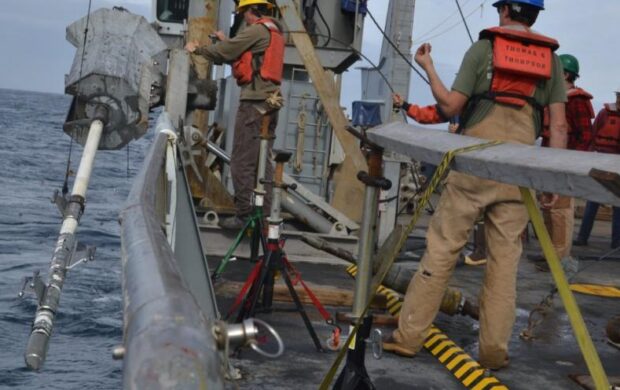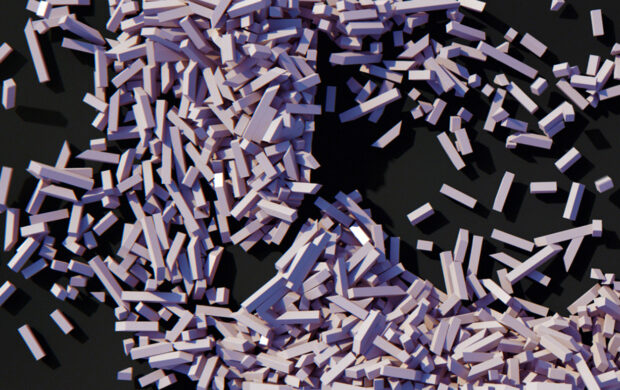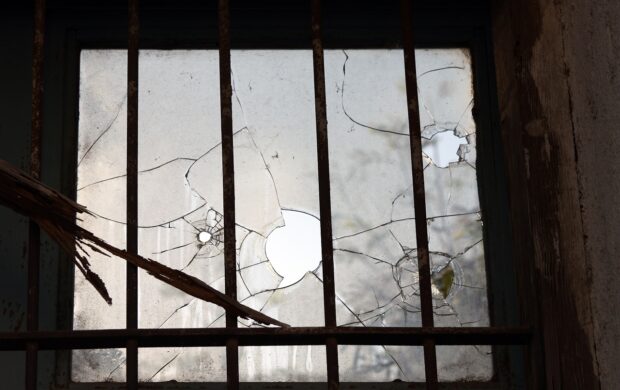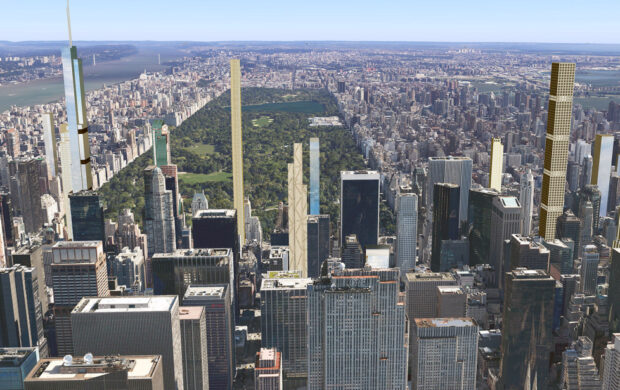The iconic Sagrada Familia cathedral in Barcelona has been equally famous for its fantastical idiosyncratic design and its unending construction. The vast architectural project began 130 years ago, but progress towards its completion has leapt ahead thanks to the latest technology in 3D printing and CNC (computer numeric control) cutters.
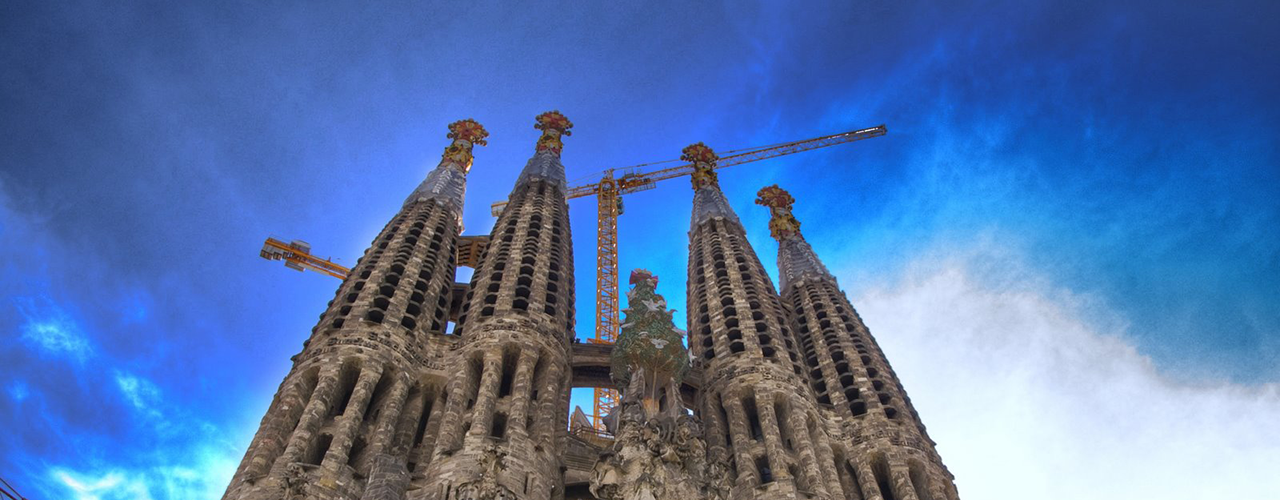
Since the early 2000s, the team behind the construction has incorporated advanced technologies like 3D printing into their process. In Architect Magazine, the current chief architect, Jordi Faulí, explains that “advances in computer power, precise 3D scanning of the existing building, and 3D prototyping allowed us to work at a scale and a level of detail hitherto impossible to achieve.”
The ability for 3D printing to prototype cheaply, quickly and with great details means that designers can now easily collaborate and discuss specific design details. In addition to better collaboration, new technology has saved countless hours of stone cutting with CNC cutters while structural issues are quickly identified and addressed with CAD (computer aided design).
Signal spotted by Madhumitha Ardhanari
Image credit: David Cornejo / Flickr



